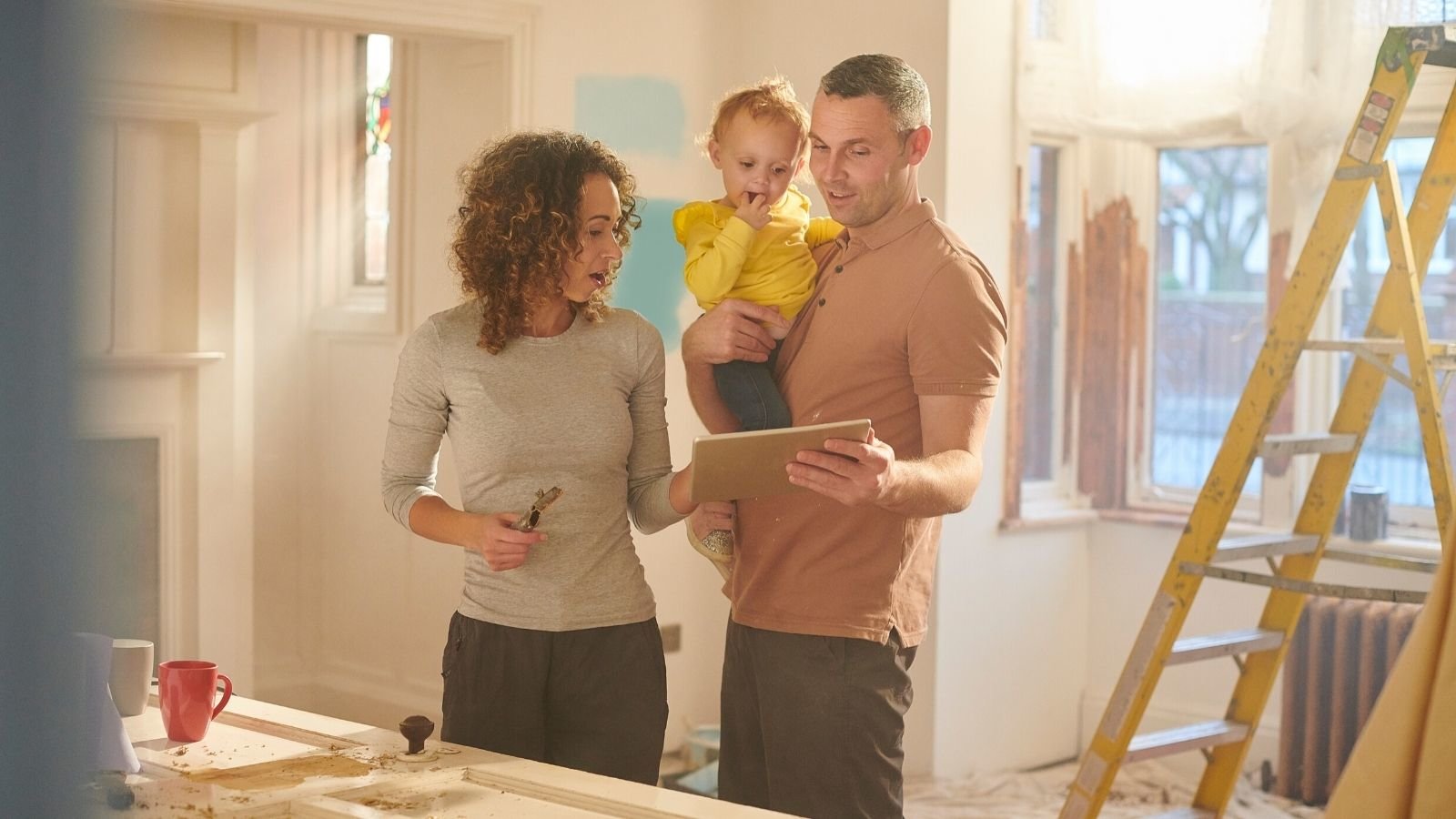4 Tips For Budgeting a Home Renovation

Renovations, especially when preparing your home for sale, can make or break how quickly your property will stay on the market. It’s easy to get caught up in the excitement of choosing new finishes for home projects or be blindsided by unforeseen hiccups that can dramatically increase costs. Deciding on how much to spend on home improvement projects can be tricky—lucky for you, I have compiled some tips that will help you stay on track and minimize any unwanted surprises!
Set Your Spending Limit
According to Zillow, you should spend no more for each room than the percentage of what that room values in the overall house value. For example, the kitchen generally makes up to 15% of the overall property value. If your home is worth $200,000, you will want to cap remodelling expenses at $30,000.
Another good guideline is not spending more than 10-15% of your home’s value on a single room. Any more than that will not proportionally add to the value of the home. HomeAdvisor states the average cost to renovate a kitchen at $4,000 – $60,000, a bathroom at $2,500 – $25,000, and a basement at $11,000 – $30,000. Keep in mind that older homes will often cost more to renovate if wiring and plumbing aren’t up to code.
You will also need to determine how you are financing your project! Your renovation budget will need to fit within the limit of available funds, whether it is by cash, loan or credit.
Prepare for Hidden Costs
This tip is possibly the most important of them all, so listen closely. Once you have concluded how much you can afford to spend, set aside 10-20% of your available funds for any unexpected expenses that may arise. You might have heard of the phrase, “things happen,” and it definitely applies to home renovations. Things go wrong or cost more than what was initially predicted, and by setting aside these funds at the beginning, you know that you will still have enough cash to cover no matter what happens.
Prioritize & Make a Plan
So long as there is no expertise required, consider doing some tasks yourself to help reduce labour costs. Things like pulling up tile, removing old cabinets, ordering your own fixtures and finishes, shopping for used or refurbished items, and doing your own painting are all easy to do yourself.
You’ve used all these tips and added value to your home, so now what? You don’t want to risk pricing too high in risk of not selling. Contact your favourite local REALTOR® for a free home evaluation!

 Facebook
Facebook
 X
X
 Pinterest
Pinterest
 Copy Link
Copy Link